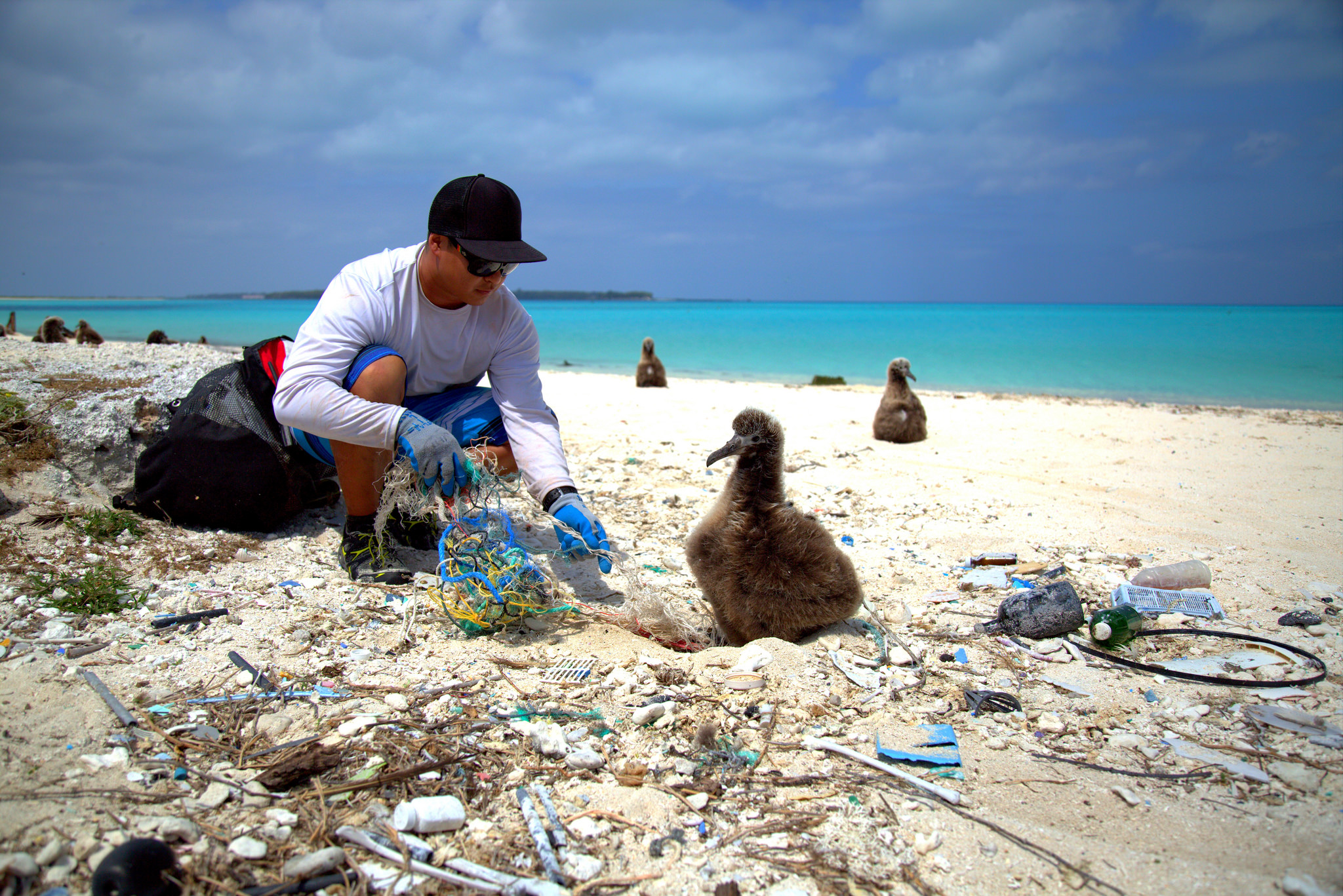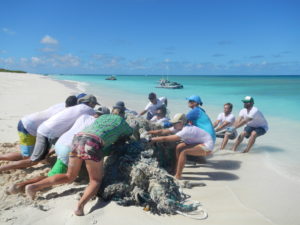
Capitol Hill Ocean Week Dialogue Pushes Solutions for Marine Debris
Marine debris is far from being just an eyesore. It impacts industries including fishing, tourism, and recreation, and it costs coastal economies millions of dollars each year. While the threat of marine debris looms ever-larger on the horizon, the global community is making meaningful strides toward combating this growing challenge.
In her Thanksgiving message, National Marine Sanctuary Foundation President and CEO, Kris Sarri, outlined the ways that the Foundation’s partners are tackling marine debris from plastic straws to derelict fishing gear. In addition to the work of our partner’s, the Foundation has continually made marine debris a focus during our annual Capitol Hill Ocean Week (CHOW) conference with panels such as “Closing the Loop on Trash: Innovation and Industry Leadership” in 2016 and “Waves of Plastic” in 2017.
At the 2018 CHOW Symposium, Senator Sheldon Whitehouse (D-RI) highlighted efforts to reduce marine debris at the national level during the Congressional Roundtable through policy changes. In particular, he co-sponsored the Save our Seas Act of 2018 (SOS Act), which was a bipartisan bill introduced by Senator Dan Sullivan (R-AK) in March 2017. The SOS Act, which was signed into law in October, reauthorizes $10 million per year toward the NOAA Marine Debris program for the next five years and encourages the State Department to address the problem of ocean plastics at a global scale. This humble piece of legislation is an important signal on the priority of ocean health at a national and international scale, and serves as the first step toward achieving clean waterways around the world. The leaders of the Oceans Caucus are keeping marine debris on the agenda for the 116th Congress as well. The SOS Act was a good first step but much more remains to be done in terms of investment in waste management infrastructure, recycling technologies and markets, consumer awareness and much more.

Conducting shoreline marine debris removals at Lisianski Island in Papahānaumokuākea Marine National Monument.
Photo Credit: NOAA
The Foundation continues to make marine debris a priority in its work. By meeting with Congressional staff, we aim to keep this issue on the agenda of US Senators and Representatives. Last June, we worked with our partners at the Ocean Caucus Foundation to host a briefing for Congressional staff to explore how corporations are incorporating economic development strategies into their business models and structures, and investing in creative solutions and public-private partnerships that promote ocean health and minimize their environmental impact, especially in the ocean plastics realm. Similar events are planned for early 2019, when the new Congress begins.
Marine debris remains an ever-present challenge for the health of our ocean. However, thanks to the conversations at events like CHOW, and others like it, the Foundation is working to move the ball forward on this critical issue.
